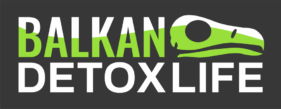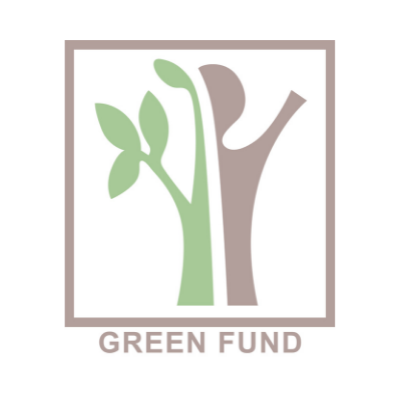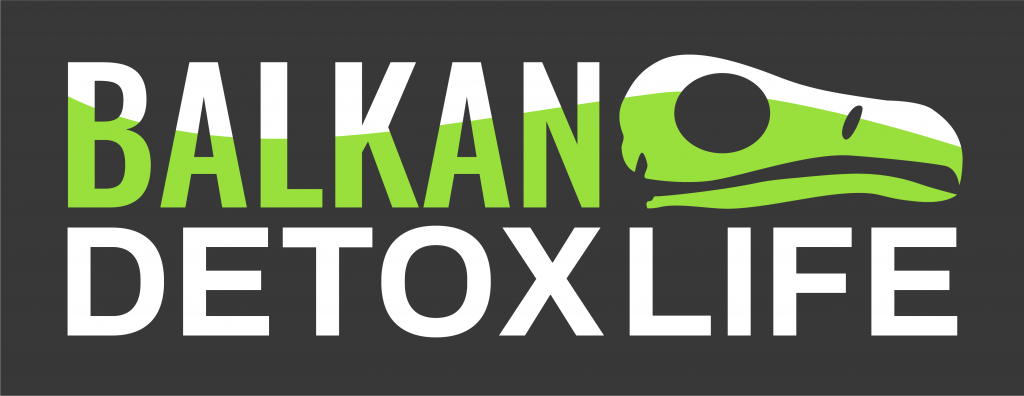Overview
Illegal wildlife poisoning
-
Project Title :
Strengthen national capacities to fight wildlife poisoning and raise awareness about the problem in the Balkan countries -
Acronym :
BalkanDetox LIFE -
Reference :
LIFE19 GIE/NL/001016 -
Project time frame :
01.10.2020 - 30.09.2025 -
Total project budget :
€1,856,936 -
EU financial contribution :
1.004.792€ (54,82%)
Project
In this five-year endeavour, the BalkanDetox LIFE project intends to improve the management
of poisoning incidents and significantly reduce the mortality of vultures and other affected
species caused by the illegal use of poison baits across Albania, Bosnia & Herzegovina, Bulgaria,
Croatia, Greece, Republic of North Macedonia and Serbia. The project team attempts to fight
the threat of wildlife poisoning by raising awareness and strengthening national capacities
through primarily ensuring real and continued engagement of relevant governmental
authorities in combating this issue and labelling it as a socially unacceptable occurrence in the
general public’s eyes across seven Balkan countries.
The project received funding from the EU’s LIFE Programme, and it is co-financed by the Vulture
Conservation Foundation, the MAVA Foundation and Euronatur, as well as by the Green Fund, Whitley Fund
for Nature and Environmental Protection and Energy Efficiency Fund for specific actions. Project
partners are the Vulture Conservation Foundation as the coordinating beneficiary, and the
Albanian Ornithological Society, Association BIOM, Bird Protection and Study Society of Serbia,
Fund for Wild Flora and Fauna, Hellenic Ornithological Society, Macedonian Ecological Society,
Ornitološko društvo NAŠE Ptice and the Protection and Preservation of Natural Environment in
Albania as associated beneficiaries. Furthermore, this project relies on Spanish best practice
experience in combating illegal wildlife poisoning and counts on the support from the Junta de
Andalucía and the Spanish Ministry for the Ecological Transition and the Demographic
Challenge.
















